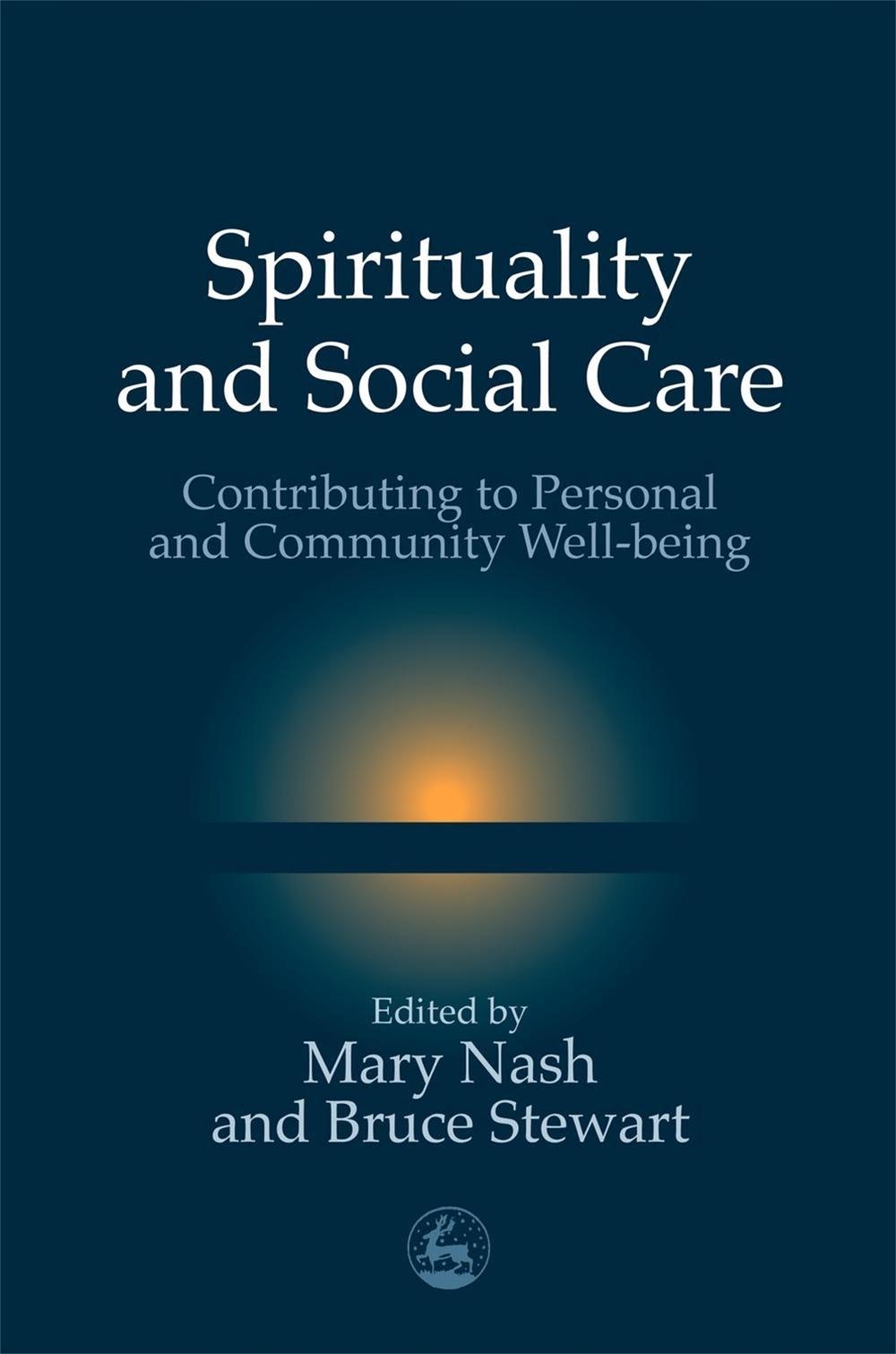
Spirituality and Social Care
Contributing to Personal and Community Well-being
$81.38
- Paperback
256 pages
- Release Date
14 July 2002
Summary
This resource is for professionals and students in social care, who are required to engage in the spiritual dimension of their therapeutic work with clients. The authors show how they have developed ways of applying their own and their clients’ spirituality in their practice. The client groups they cover include children, older people, individuals with learning disabilities, and ethnic minority and indigenous groups. Drawing on theological and philosophical ideas from different cultures, this…
Book Details
| ISBN-13: | 9781843100249 |
|---|---|
| ISBN-10: | 184310024X |
| Author: | Mary Nash, Bruce Stewart |
| Publisher: | Jessica Kingsley Publishers |
| Imprint: | Jessica Kingsley Publishers |
| Format: | Paperback |
| Number of Pages: | 256 |
| Edition: | 1st |
| Release Date: | 14 July 2002 |
| Weight: | 408g |
| Dimensions: | 234mm x 158mm x 10mm |
You Can Find This Book In
What They're Saying
Critics Review
Measures of spirituality do not figure widely on any social services inspectorate indicators. At first, this book will seem light years from preoccupations with hospital discharge rates, star ratings or child protection targets. Yet its contents are vitally important. Containing chapters from a range of mainly Canadian and New Zealand writers it illustrates a rich mix of cultures, embracing not only Western but also Maori and Polynesian thought. – Community CareThe strength of this book lies in its empiricism. Examples of working practice in dealing with people’s spirituality are drawn from a variety of client groups including older people, people with learning disabilities, children, ethnic minority and indigenous groups. These examples of good practice will be very helpful and challenging to those of us in the UK where the way we address people’s spiritual needs can still seem quite perfunctory and tokenistic. The book identifies the training needed to work imaginatively and sensitively… I found this book fascinating. It is an excellent resource book with good references. – RostrumThis book aims to explore, from a variety of perspectives and settings, the contribution which spirituality can make to well being and to the helping relationship. Definitions of spirituality are offered throughout the book, as are distinctions between spirituality and religion. It provides a valuable addition to a growing body of texts on the spiritual dimension of the helping relationship, and will offer a useful introduction to those who wish to develop their understanding of this dimension of theory and practice. – Journal of Practice TeachingIt is a thought-provoking read for those of us who are interested in the wider journey of life and how best to help those we meet along the way. – The Compassionate Friends UK Newsletter
About The Author
Mary Nash
Mary Nash is the former chief editor of Social Work Review and is currently senior lecturer in social work at Massey University, New Zealand. Bruce Stewart is senior mental health social worker at the Jan Sterling Centre, Yellowknife, Canada. He has extensive research experience with First Nations and Europeans.
Returns
This item is eligible for free returns within 30 days of delivery. See our returns policy for further details.




